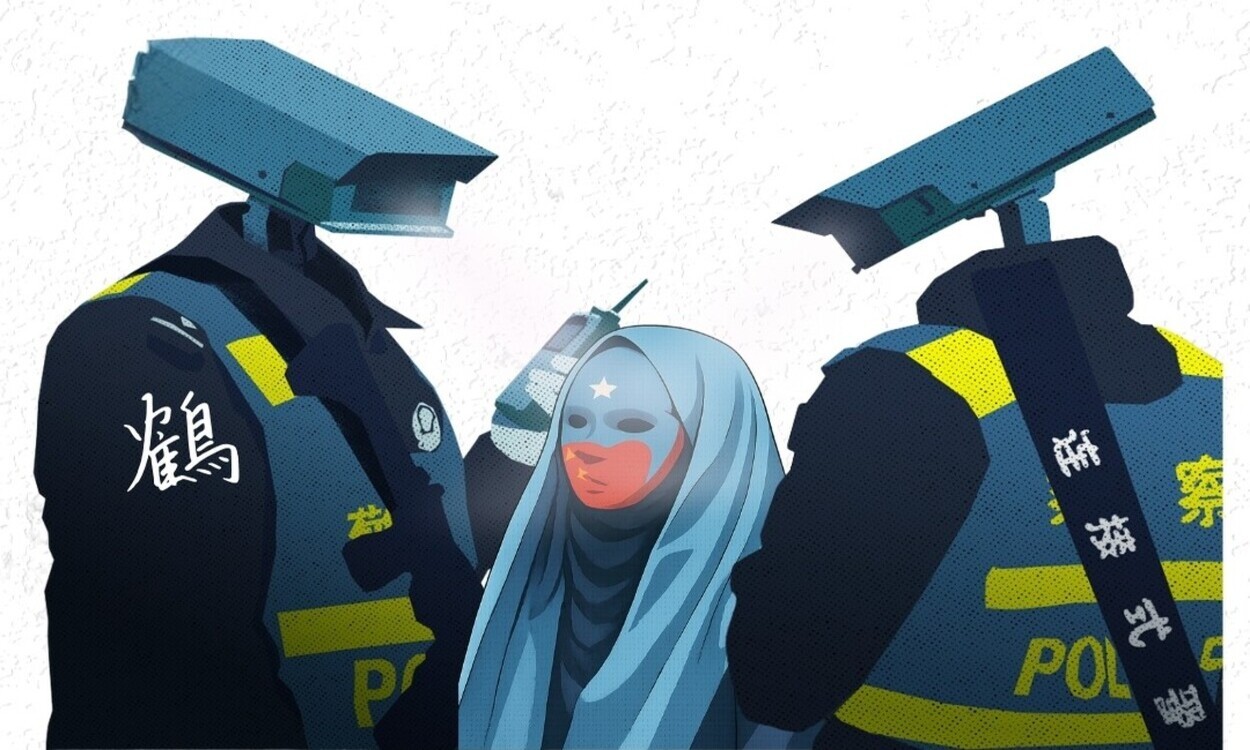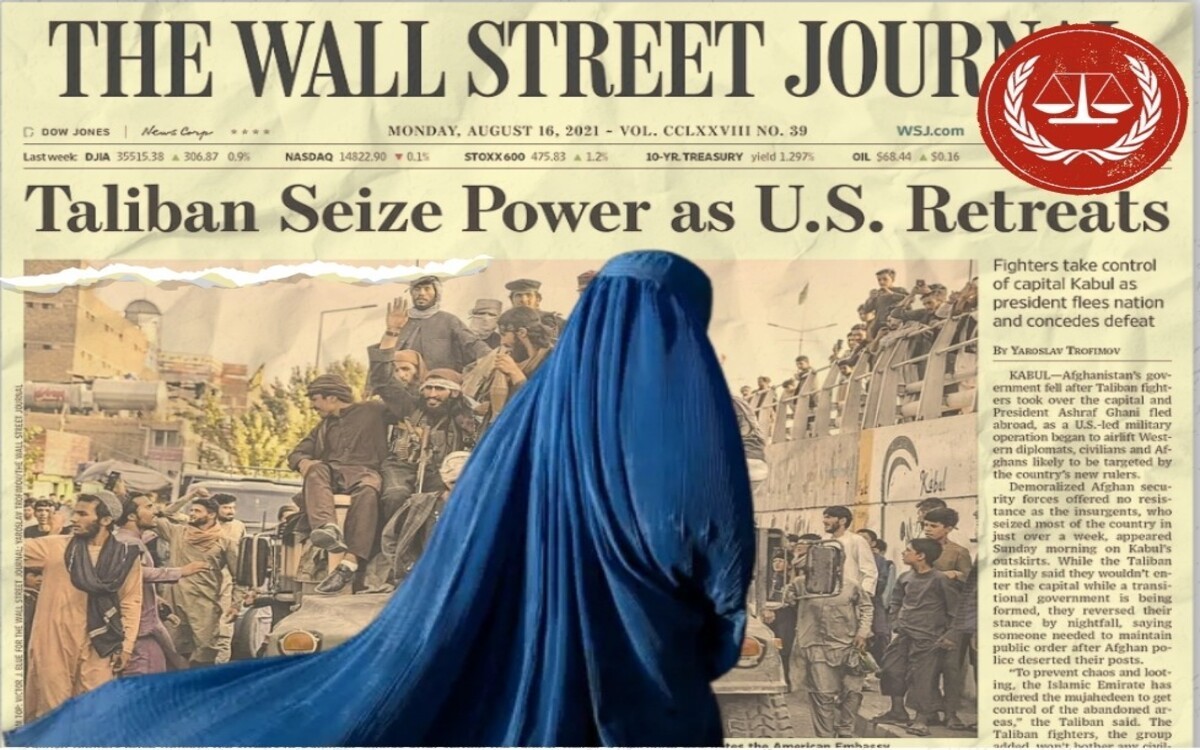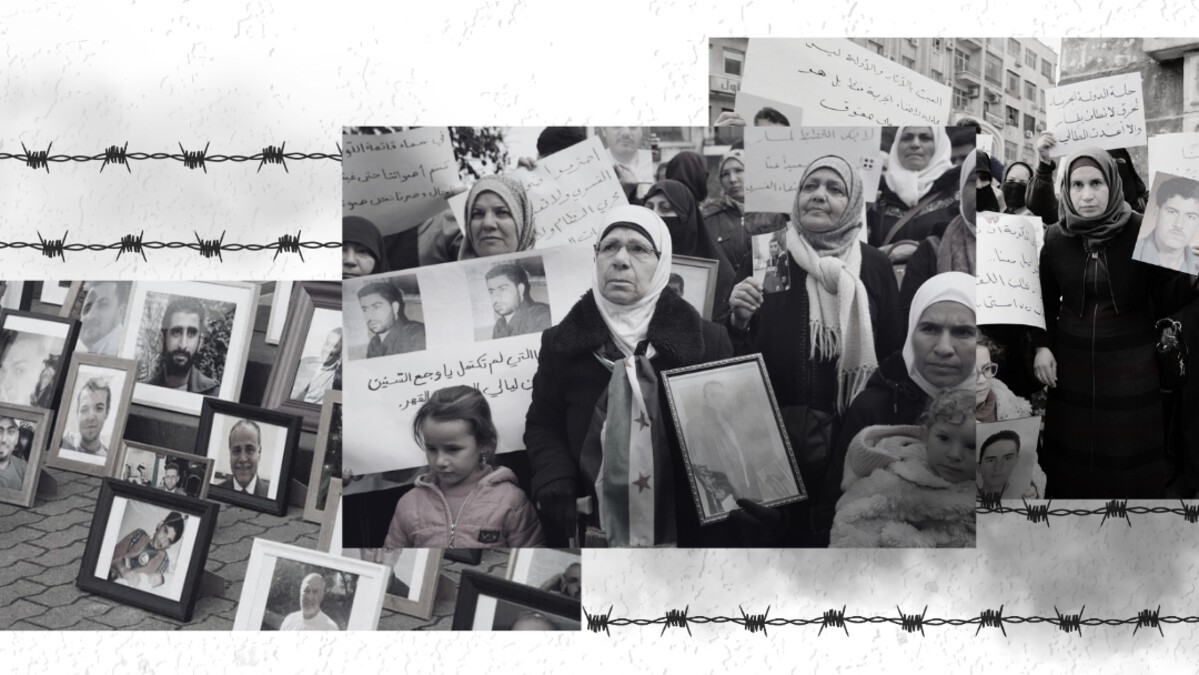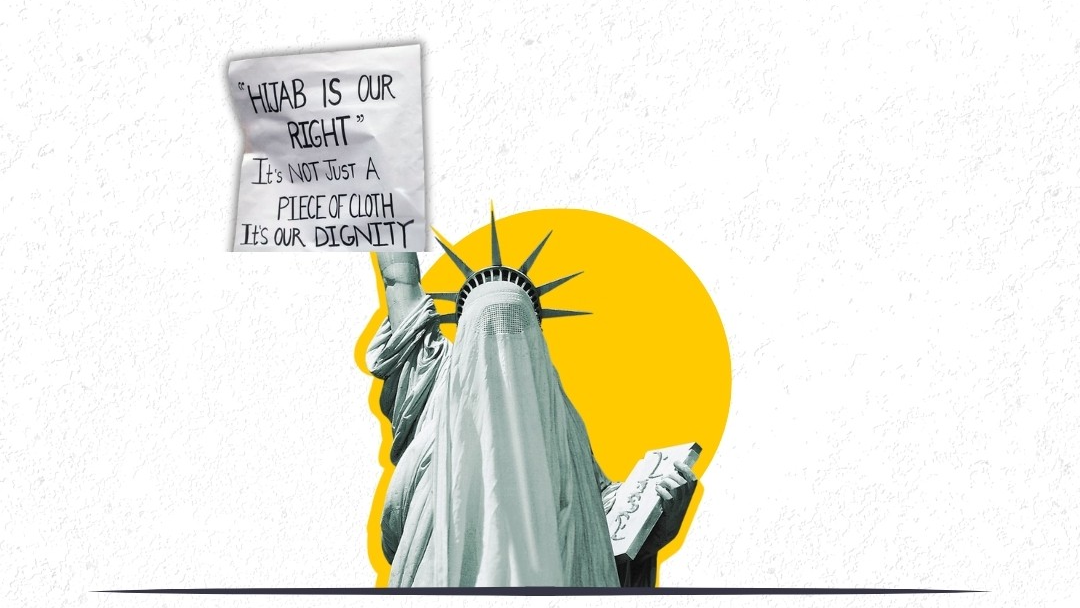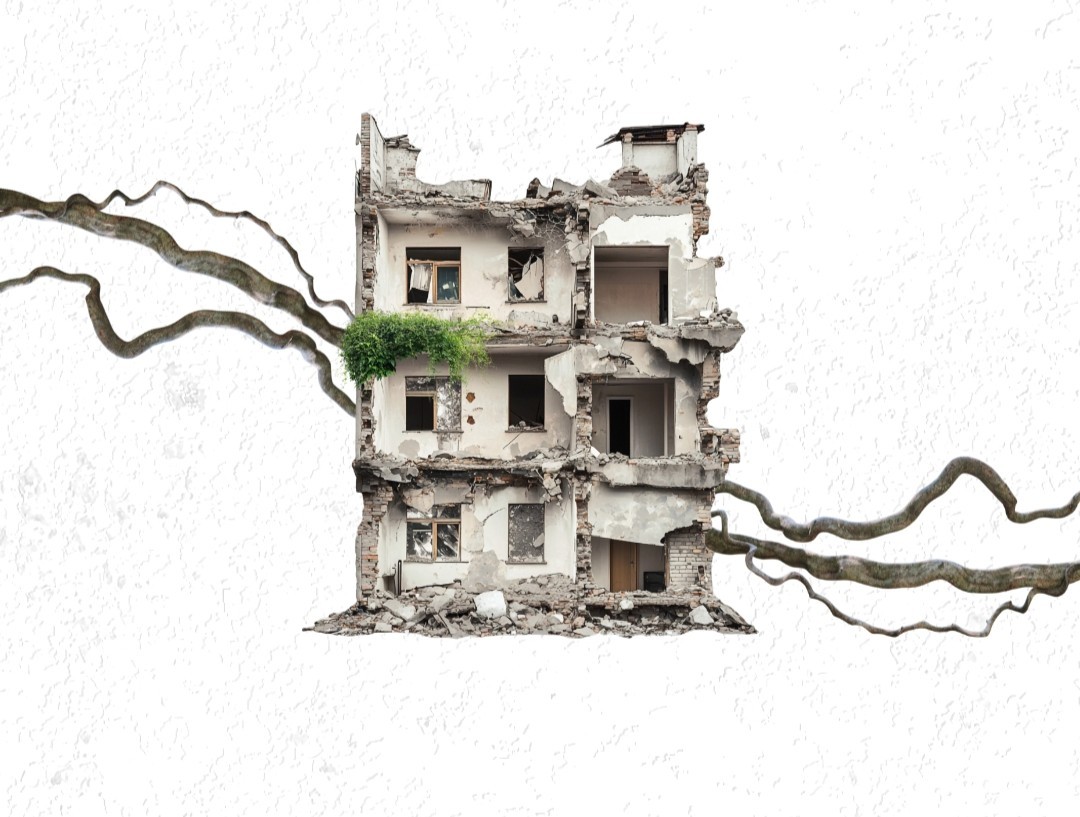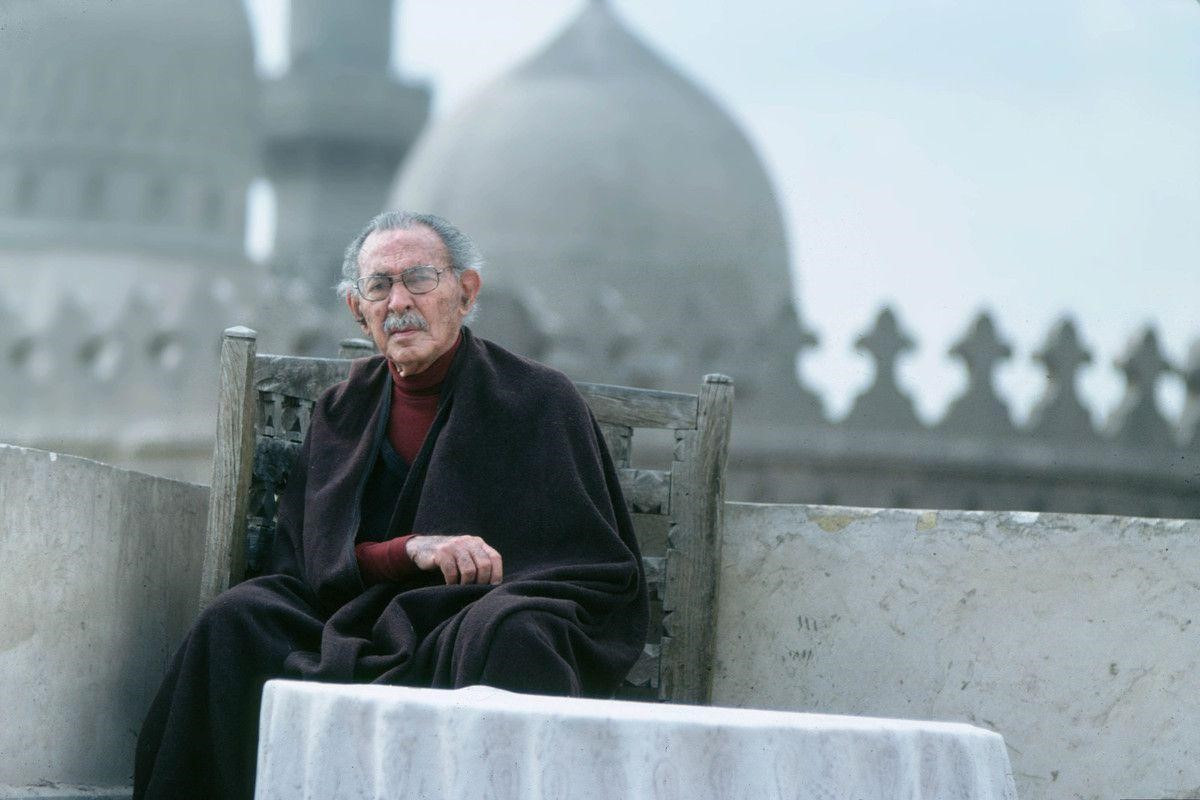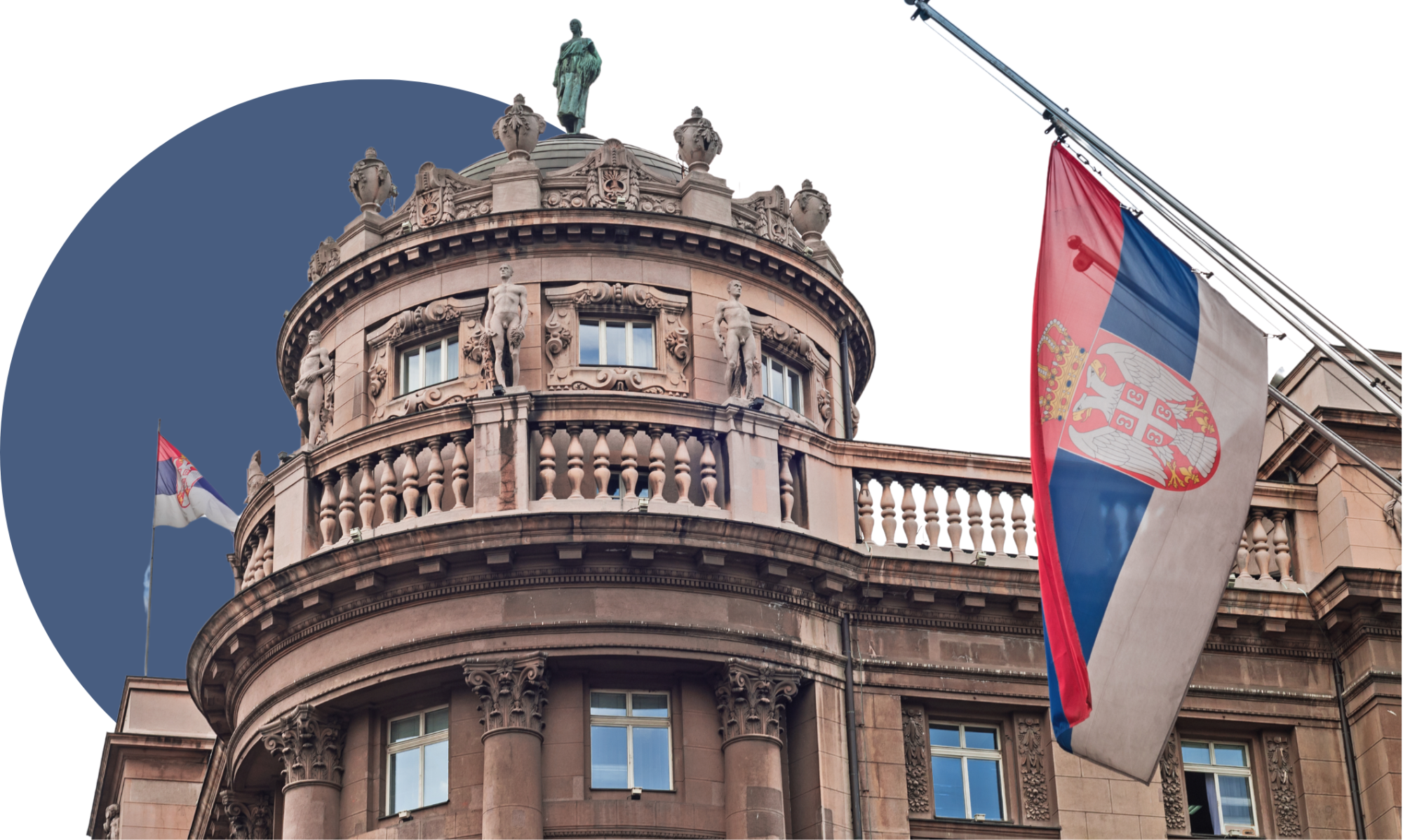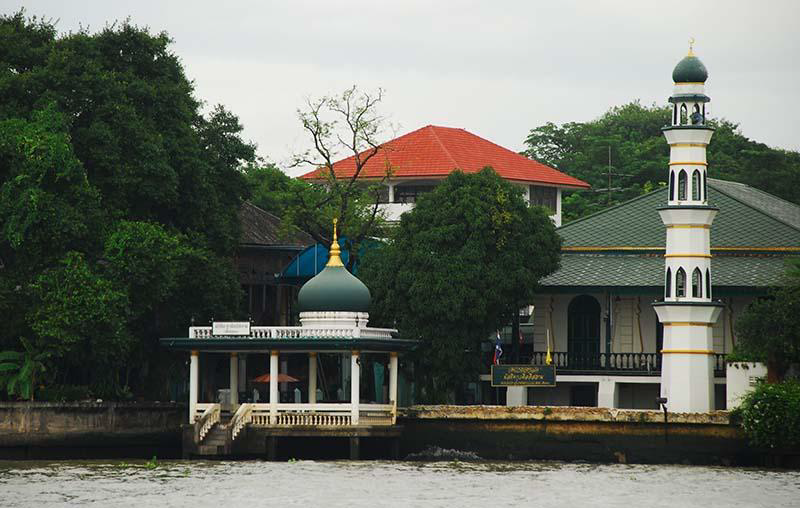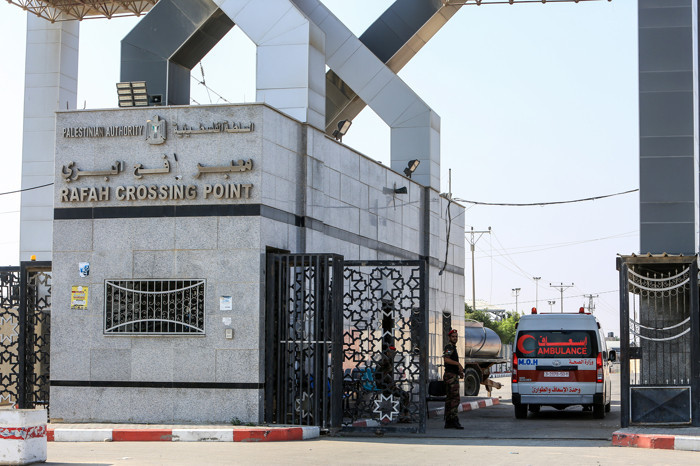
Establishing Humanitarian Corridors in the Gaza Strip: A Comprehensive Analysis
Since October 7, Israel has killed more than 15,000 Palestinians in Gaza, mostly women and children (Jones, 2023). Hospitals, international institutions, places of worship, and educational buildings were targeted, creating mass destruction in Gaza that will take many years to repair. Another important consequence of the attacks has been the displacement of Palestinians. According to the UN report, more than one million Gazans were displaced and relocated within Gaza during the last Israeli attacks on Gaza. Considering that one million Palestinians were displaced during the Nakba, a major turning point in Palestinian history, we can say that Palestine is going through another historical milestone.
Israel's plans for demographic change have placed ethnic cleansing and displacement at the center of its attacks on Gaza. Since its establishment, Israel has prioritized resettlement to ensure a demographic majority and has pressured Palestinians living in Gaza to migrate to Egypt, and the Palestinians living in the West Bank to migrate to Jordan. This is confirmed by the intensification of attacks on the north of Gaza, calls for Palestinians to move south, the offer to write off Egypt's debts (1Israel reportedly proposed", 2023), and the refusal to allow the entry of humanitarian aid.
The ethnic cleansing process in Gaza involves many war crimes and crimes against humanity. Among these crimes, it is vital to emphasize the denial of humanitarian aid. Under international law and humanitarian norms, blocking humanitarian aid in times of war or crisis is a crime against humanity (Tatlı, 2023). Since October 7, Israel has not only bombarded Gaza intensively but also prevented the entry and passage of humanitarian aid through the borders. Although the control of Rafah is under Egyptian jurisdiction, Israel has exerted military and political pressure on Egypt. The closure of Rafah and other border crossings has practically halted the passage of humanitarian aid. As a result of the ceasefire between Hamas and Israel on November 24th, Rafah was temporarily opened for the passage of aid.
Given the scale of the crisis in Gaza, the humanitarian corridor needs to be kept open permanently, not for a certain period of time. Indeed, during the first month of the crisis, Palestinians in Gaza managed to survive with existing resources, but as attacks continued, these resources were depleted. According to a UN report, food is not the only need in Gaza, where people have begun to die due to lack of access to food and clean water ("In Gaza, people resort", 2023). With tens of thousands of Gazans in need of treatment, hospitals, and health centers also need fuel and energy to keep operating. All of these have been recorded as Israel's unlawful actions.
Given the scale of the crisis in Gaza, the humanitarian corridor needs to be kept open permanently, not for a certain period of time.
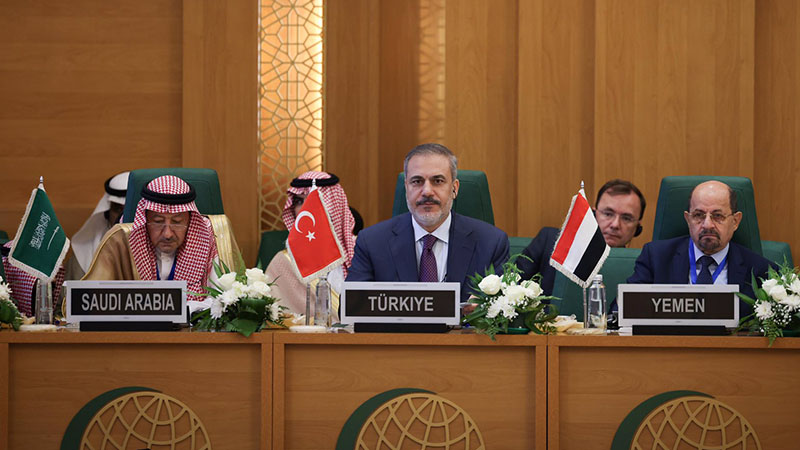
Foreign Minister Hakan Fidan attended the extraordinary meeting of the Organization of Islamic Cooperation in Jeddah.
Source: Türkiye Ministry of Foreign Affairs
The fact that Palestinians were subjected to two major displacements in 1948 and 1967 led to a cautious approach to community evacuation proposals during the Gaza crisis. Having built a colonial entity on the land vacated after the displacement, Israel sought to achieve political, military, and demographic expansion by forcing Gazans to migrate. Palestinians expressed their wish for the humanitarian corridor to fulfill its mission of delivering humanitarian aid rather than evacuation. They do not wish to leave Gaza under any circumstances. The call for a humanitarian corridor by international humanitarian organizations was made in recognition of this danger, emphasizing that the humanitarian corridor should be established without depopulating Gaza.
One of the biggest obstacles to the establishment of the humanitarian corridor has been the ongoing attacks. The bombings have made it difficult to ensure the passage of humanitarian aid without any problems. For a humanitarian corridor to be established, a ceasefire must first be declared, and for a ceasefire to be declared, Israel must stop the attacks. Even if humanitarian aid is delivered to Gaza through the humanitarian corridor, the ongoing attacks pose a threat to the distribution of this aid within Gaza. Indeed, both the buildings and staff of international aid organizations, including UNRWA, have been targeted by Israel during this period. More than 100 UN officials were killed in the attacks (“UN workers across”, 2023). Moreover, the buildings of local aid agencies and the Gaza offices of international organizations have been rendered unusable since October 7, and rendering aid organizations unusable and effective limits the function of the humanitarian corridor. Israeli shelling near the Rafah border crossing also restricts access to humanitarian aid (“Israel Bombs Gaza’s”, 2023).
Even if humanitarian aid is delivered to Gaza through the humanitarian corridor, the ongoing attacks pose a threat to the distribution of this aid within Gaza.
In terms of logistics, Gaza is in a situation where roads are completely destroyed, and storage facilities are significantly reduced. While there is a need for fuel for the distribution of aid inside, Israel's blocking of the fuel entry hinders the distribution of aid. Israel is also blocking the means for aid to reach the people of Gaza. Hence, the humanitarian corridor is directly related to the ceasefire. Without a ceasefire, the desired level of aid entry does not seem likely to be achieved. The ceasefire that began in the past weeks and lasted for a while directly impacted the entry of aids. Since the beginning, an average of 20-30 vehicles per day were allowed to pass through Rafah, well below its capacity, while this number was approximately 300 during the ceasefire. The continuity of ceasefire processes is also linked to Israeli politics. Israel, continuing its attacks with the idea of evacuating Gaza or cleansing it of Palestinian groups, did not get what it wanted and accepted the ceasefire as proposed by the groups in Gaza. The political pressure on Israel, as it was only able to bring back a certain number of prisoners and lost its military image, could lead to further constraints, potentially resulting in new ceasefires. As a matter of fact, the anger against Netanyahu, which began before October 7, has reached much larger masses within Israel.
While there is a need for fuel for the distribution of aid inside, Israel's blocking of the fuel entry hinders the distribution of aid. Israel is also blocking the means for aid to reach the people of Gaza. Hence, the humanitarian corridor is directly related to the ceasefire.
The role of the United States is also important for the humanitarian corridor. Immediately after October 7, U.S. policies in the region included strong support for Israel. The sending of warships and troops, the inclusion of Israel in the aid package for Ukraine, the statements of political authorities, and Biden's remarks during his visit to Israel serve as sufficient examples of this support. The unconditional support of the U.S. has created different problems for the country. Factors such as political weakening in the region against China and Russia, loss of credibility in the Islamic world, and returning to the abandoned Middle East policies have ensured that the U.S. is associated with Israel in the massacres. It remains a question of how long the U.S. will maintain its support for Israel, considering the potential opposition from the rest of the world. However, it is worth noting that the discourse in U.S. politics has changed compared to the beginning of the October 7 process. Considering U.S. relations with Egypt, we can say that it is one of the factors influencing the ceasefire and the passage of humanitarian aid. The upcoming U.S. elections will also affect U.S. policy.
The prominent states of the Islamic world, notably Qatar and Türkiye, have also played a significant role in the ceasefire and humanitarian corridor. Indeed, Qatar's central role in the peace talks after October 7 and in the declaration of the ceasefire and Türkiye's active agency with its civil society and politics have made these regions central in humanitarian diplomacy initiatives. However, given that the desired humanitarian passage has yet to be achieved, Islamic states need to pressure Egypt to establish a corridor.
The feasibility of the humanitarian corridor is also directly related to Egypt. Egypt, with its undeniable influence on the Palestinian issue, has been subjected to intense pressure, especially from the United States. The U.S. has issued economic and political warnings against Egypt, which has the authority to open the Rafah border and establish the humanitarian corridor. For Cairo, concerns over the potential new sociology and politics arising from migration, the possibility of Israel extending the war into Egyptian territories, or Egypt's apprehension about the role of Palestinian groups in the future of the Palestinian issue (Altay & Asa, 2023) have influenced Egypt's approach as one of the actors in the establishment of the humanitarian corridor. There has been a general call from the international community to open the corridor and deliver all the necessary goods to Gaza. The Organization of Islamic Cooperation (OIC) convened with the humanitarian corridor as one of its agenda items. However, no effective decision was given because of internal issues and differences in approach.
International law and agreements on the humanitarian corridor are clear. The Geneva Convention, the Rome Statute of the International Criminal Court, the Guiding Principles on Humanitarian Assistance adopted by the UN General Assembly, and UN Security Council resolutions clearly state that occupied Gaza has the right to humanitarian access. The humanitarian corridor already provided in other crisis areas around the world should also be established for Gaza. The establishment of a corridor by international institutions also raises the possibility of exposing war crimes committed by Israel in Gaza, which has led Israel to impose restrictions on the corridor.
It is necessary to distinguish the "humanitarian pause,” which was implemented for a short period of time in November, from the humanitarian corridor because of its quality and implementation method (Graham-Harrison, 2023). The humanitarian pause, lasting for certain hours of the day, resulted in humanitarian aid not being fully transferred to Gaza. As soon as the pause was over, Israel's renewed attacks to displace the people of Gaza demonstrated the need for a humanitarian corridor.
It is impossible to say that the humanitarian crisis in Gaza emerged after October 7. Instead, October 7 deepened the conditions of blockade and embargo even further. The practices imposed by Israel before October 7 had already hindered Palestinians from accessing basic needs for years. Considering Israel's actions in Gaza both before and after October 7, providing humanitarian aid access for only a limited time will not offer a fundamental solution to the existing humanitarian crisis. Failure to provide a permanent corridor brings with it the risks of not addressing the massive destruction in Gaza, changing the demographic balance, Israel's direct access to the Mediterranean Sea, and the absence of a deterrent presence against Israel in the occupied territories.
Immediately after the humanitarian pause, the attacks on Gaza entered a second phase. Israel redirected its route from the northern part of Gaza, where it bombed intensively until the end of November, to the south. The intense bombings of Khan Younis and Rafah and the attempts to evacuate the population have heightened the need for humanitarian access (“Israel-Gaza War”, 2023).
The humanitarian corridor is not only a legal but also a humanitarian issue. People worldwide are drawing attention to this humanitarian need. However, Israel's aggressive stance and unconditional support from the United States, as well as the passive politics of Islamic states and Egypt's concerns, have created obstacles to the establishment of a full-fledged corridor. When we look at the course of the process, the fact that there are fewer blocs other than Netanyahu and the war cabinet that favor the idea of intensifying the attacks provides crucial insights not only for the humanitarian corridor and the ceasefire but also for the future of the struggle.
References
“Almost 1.9M Palestinians displaced across Gaza Strip since Oct. 7: UN.” (2023). Anadolu Agency. Retrieved from https://www.aa.com.tr/en/middle-east/almost-19m-palestiniandisplaced-across-gaza-strip-since-oct-7-un/3072901
“In Gaza, people resort to drinking salty water, garbage piles up (2023). Reuters. Retrieved from https://www.reuters.com/world/middle-east/gaza-people-resort-drinking-saltywater-garbage-piles-up-2023-10-16/
“Israel-Gaza War: Residents of Khan Younis Say Israeli Strikes Heaviest since Start of War.” (2023). BBC News. Retrieved from https://www.bbc.com/news/world-middle-east-67601891
“UN workers across Asia observe moment of silence, lower flags to honor fallen colleagues in
Gaza.” (2023). Anadolu Agency. Retrieved from https://www.aa.com.tr/en/asia-pacific/unworkers-across-asia-observe-moment-of-silence-lowerflags-to-honor-fallen-colleagues-in-gaza/3052118
“Israel Bombs Gaza’s Border Crossing with Egypt.” (2023). Aljazeera. Retrieved from https://www.aljazeera.com/program/newsfeed/2023/10/11/israel-bombs-gazas-border-crossing-with-egypt
Altay, A. and Asa, A. F. (2023). Mısır’ın Gazze stratejisine bakış. Independent. Retrieved from https://www.indyturk.com/article-author/abdullah-altay-ahmet-faruk-asa
Graham-Harrison, E. (2023). Humanitarian Pause v Ceasefire -the Debate over How to Ease Gaza’s Suffering. The Guardian. Retrieved from https://www.theguardian.com/world/2023/nov/05/ceasefire-or-humanitarian-pause-the-bitter-debateon-the-best-route-to-peace
Hearst, K. (2023). Israel Reportedly Proposed Writing off Egypt’s Debts for Hosting Gaza Refugees. Middle East Eye. Retrieved from https://www.middleeasteye.net/news/israel-palestine-war-netanyahu-lobbied-eu-push-egyptaccept-gaza-refugees
Jones, K. (2023). Journalist Casualties in the Israel-Gaza War. Committee to Protect Journalists. Retrieved from https://cpj.org/2023/12/journalist-casualties-in-the-israel-gaza-conflict/
Tatlı, İ. (2023). Gazze’deki İnsani Kriz ve Uluslararası Hukuk Bağlamında Bir Zorunluluk Olarak
İnsani Yardım Koridorunun Gerekliliği. IHH Humanitarian and Social Research Center (INSAMER). Retrieved from https://www.insamer.com/tr/gazzedeki-insani-kriz-ve-uluslararasi-hukuk-baglamindabir-zorunluluk-olarak-insani-yardim-koridorunun-gerekliligi.html
Ahmet Faruk Asa
İHH vakfında çalışan Asa, insani diplomasi alanında çalışmalarını yürütmektedir....
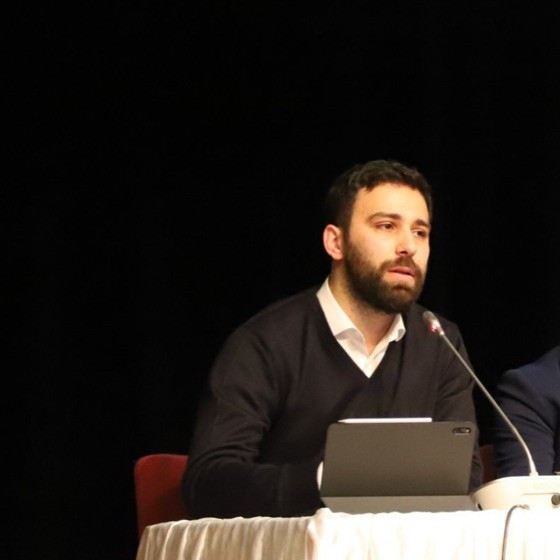 Ahmet Faruk Asa
Ahmet Faruk Asa